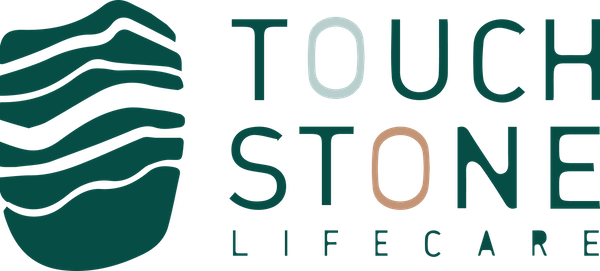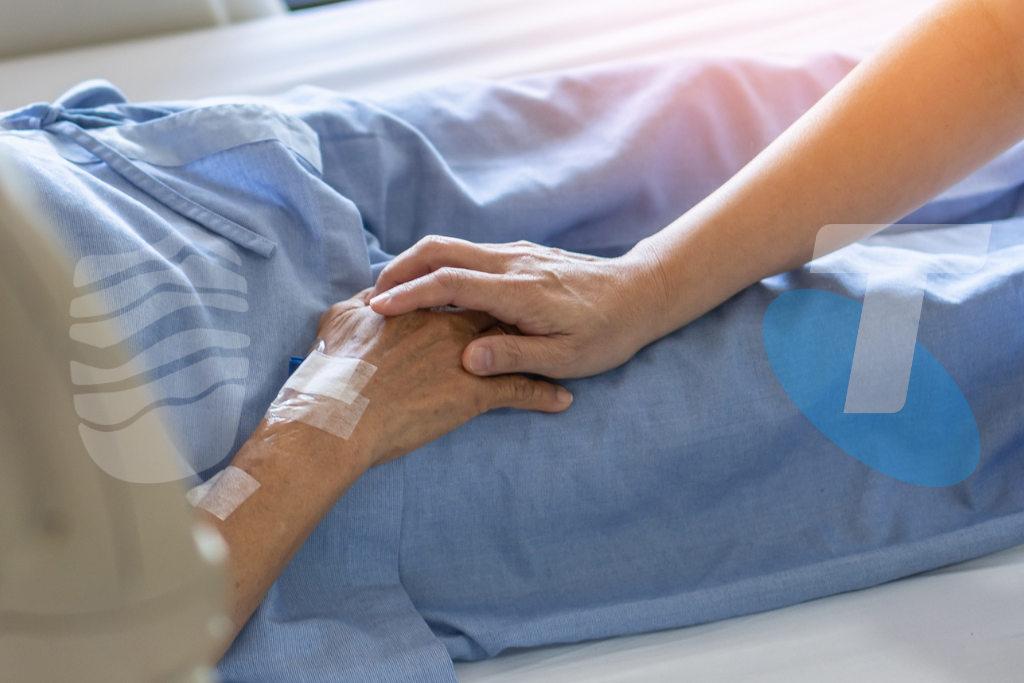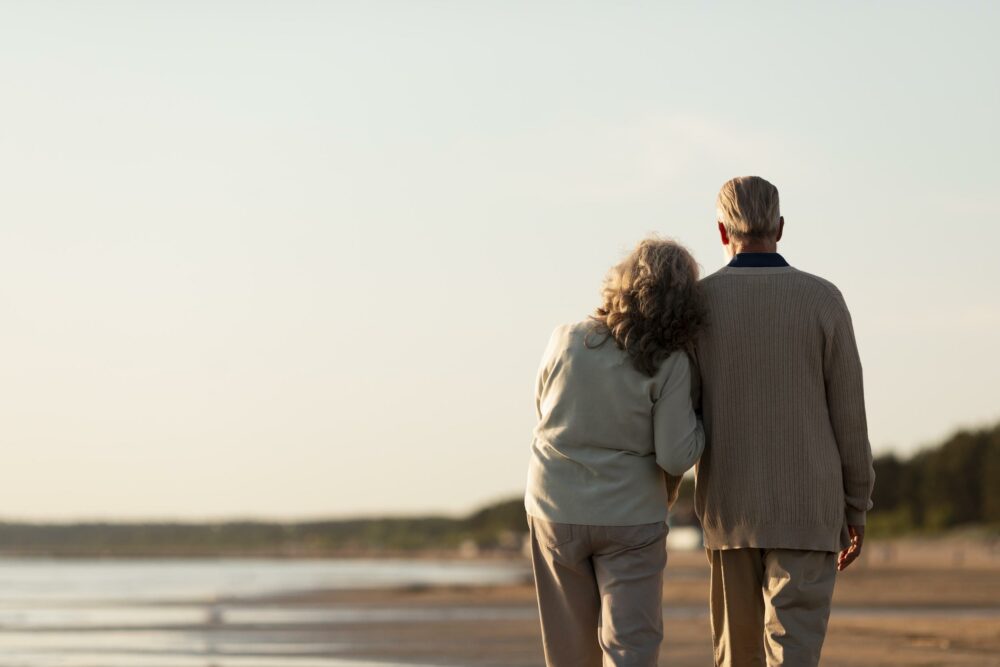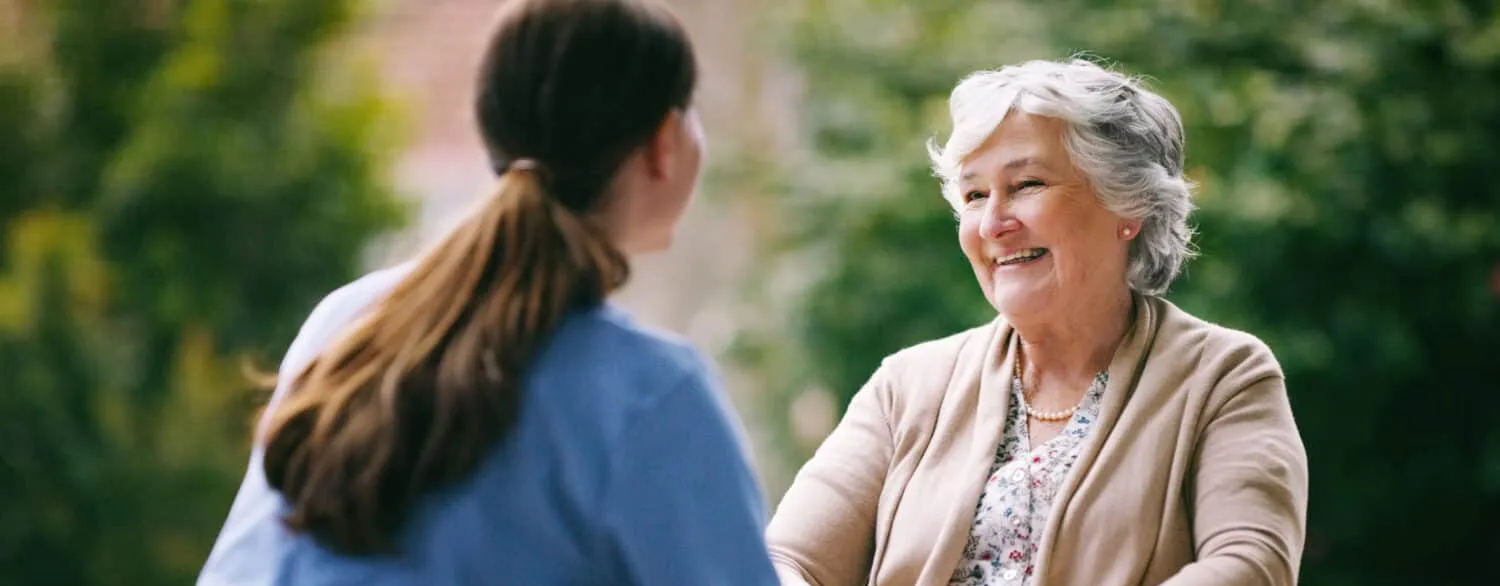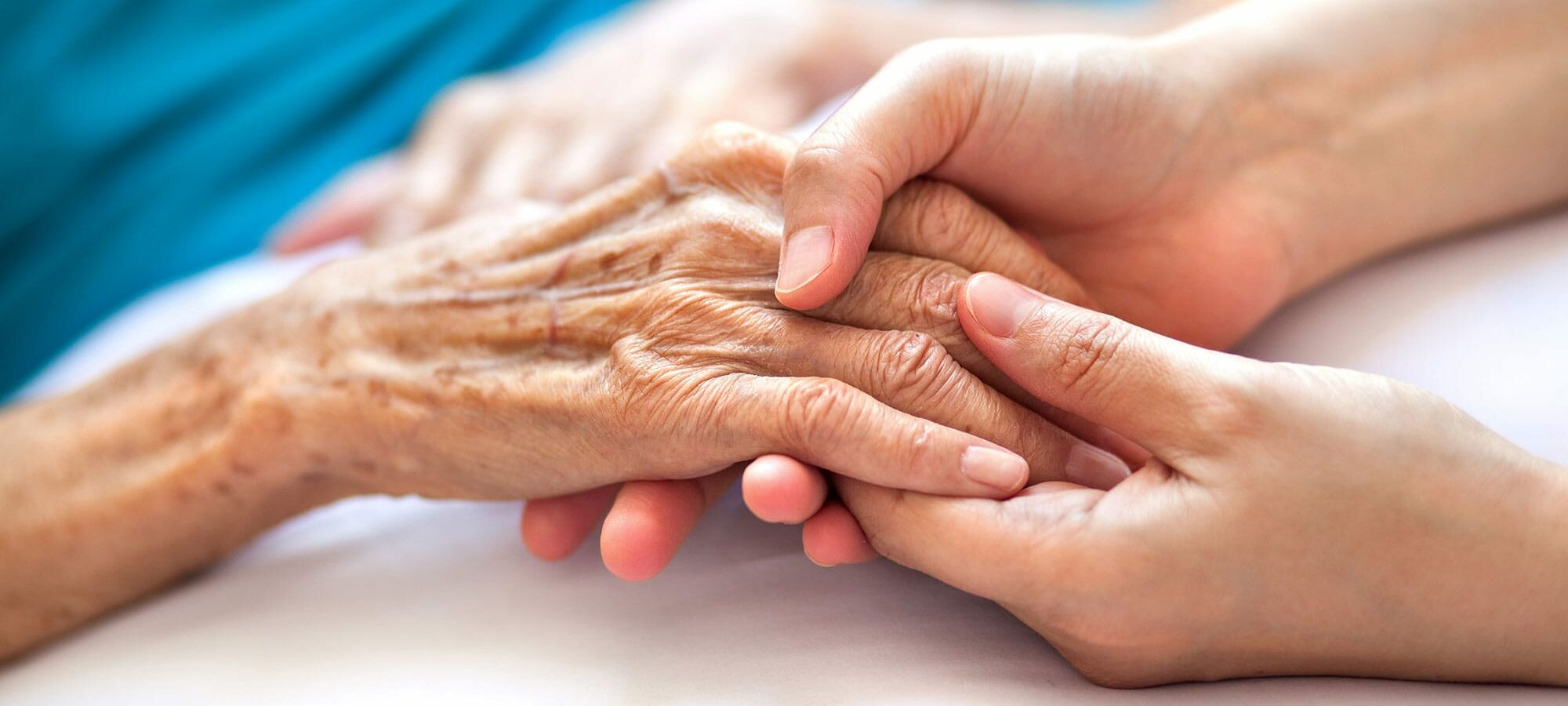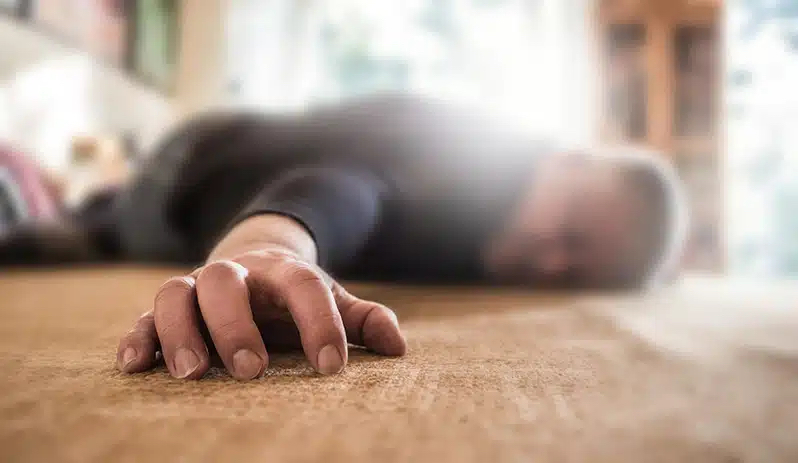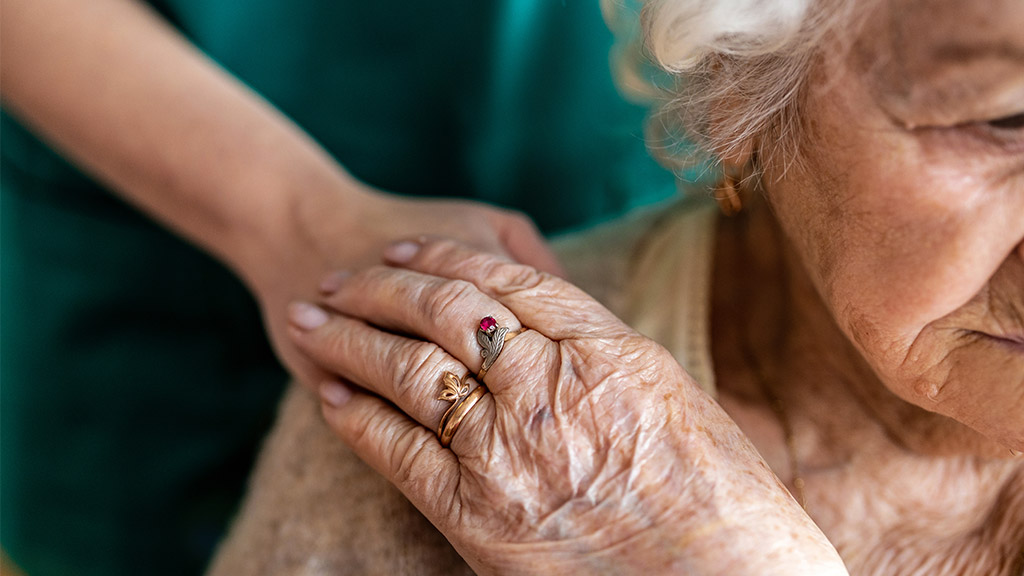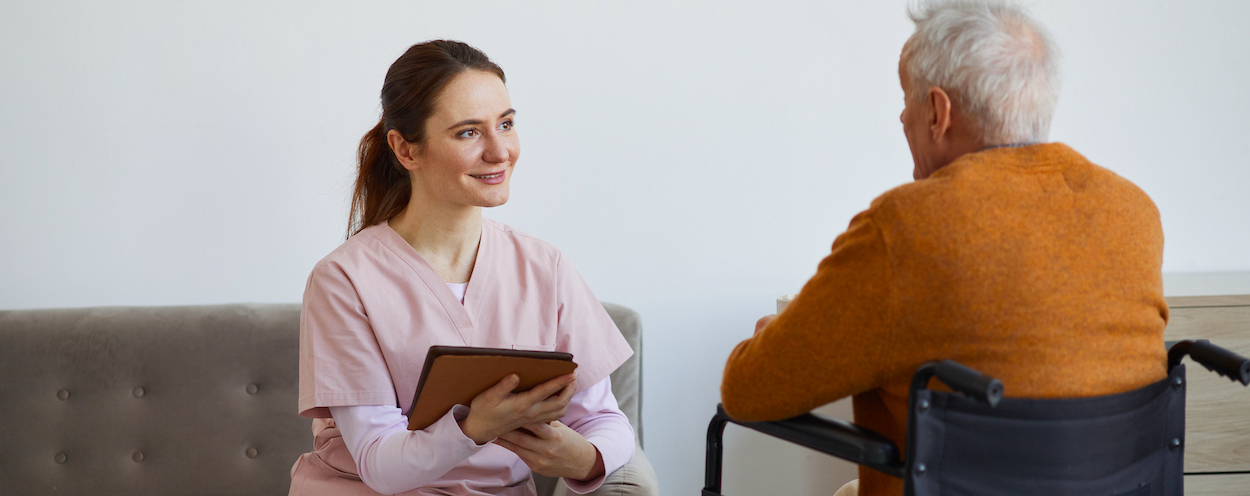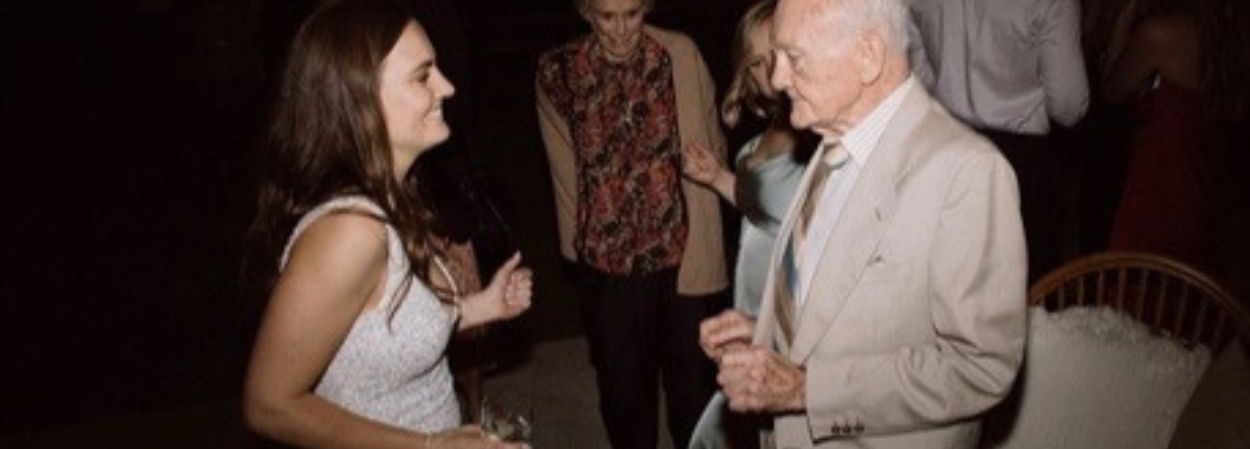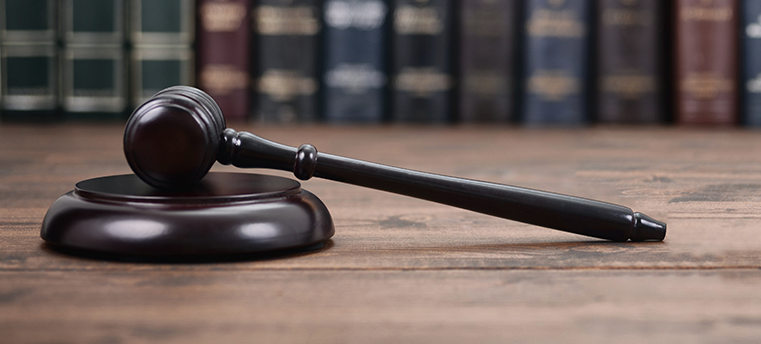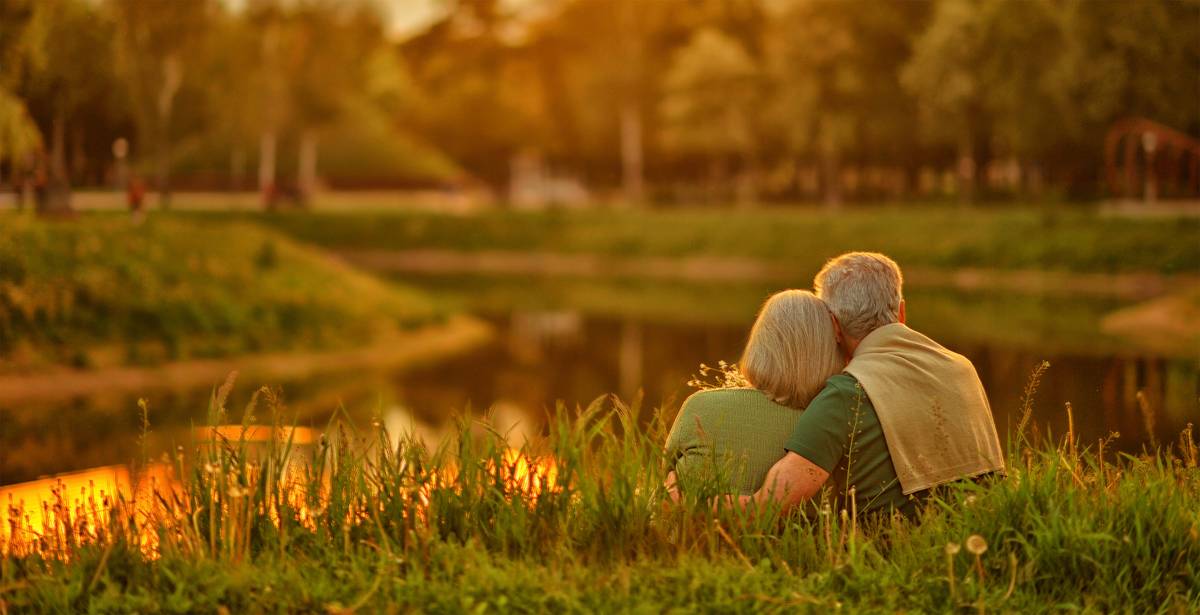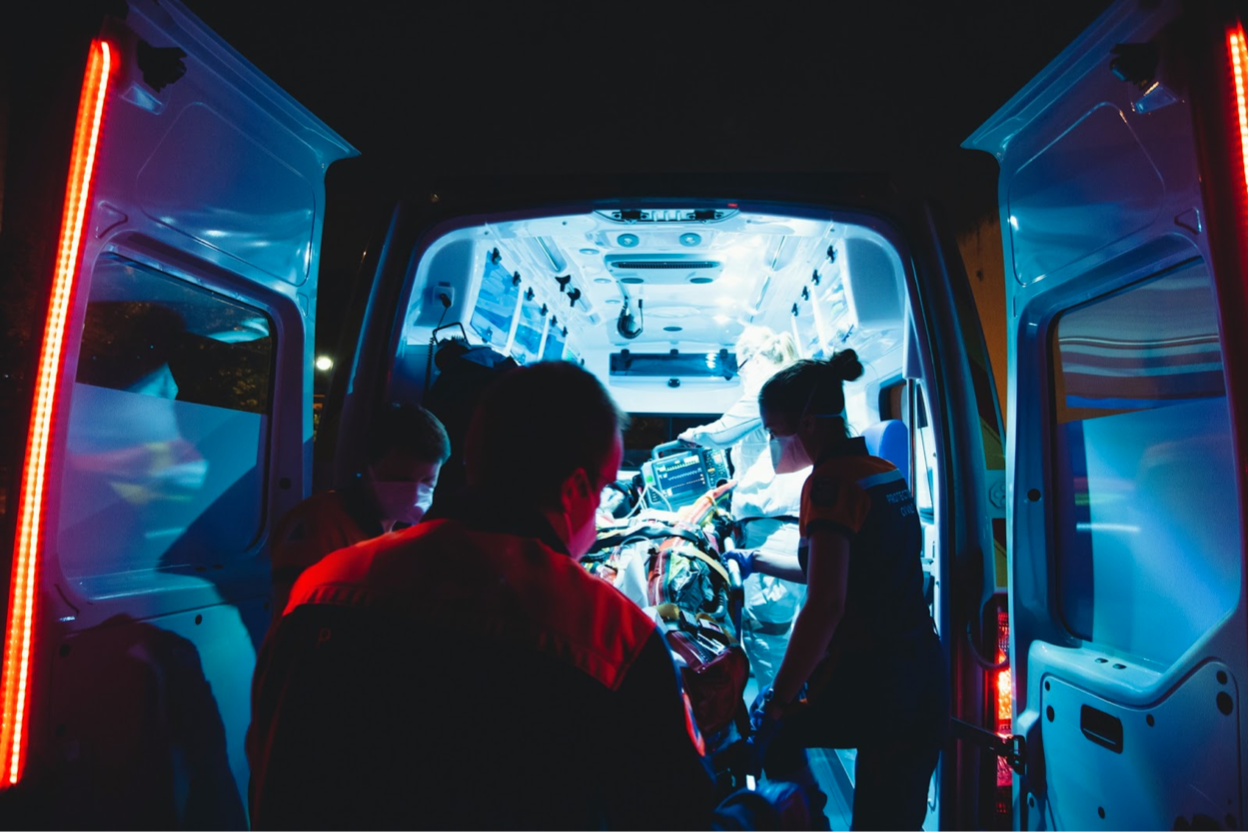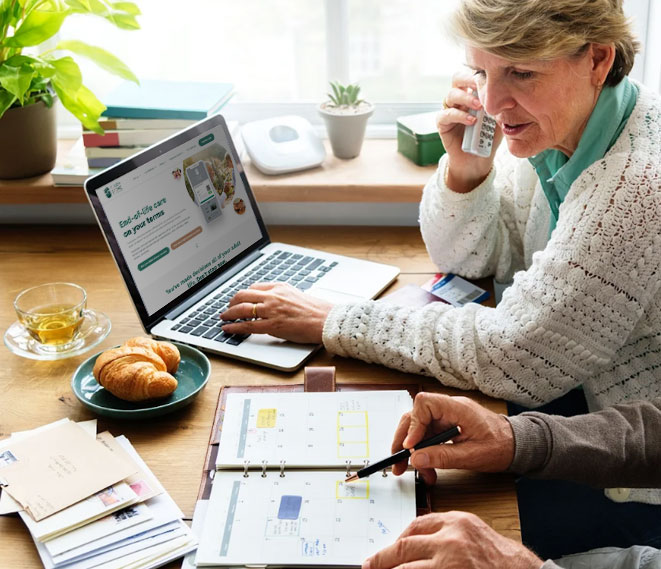‘Managed Dying. The new palliative care?’ was originally written by Dr Merran Cooper and published as a guest post for Looking Forward, a newsletter mostly about healthy longevity, impact and Web3, written by Stephen Johnston.
My father, Frank, died in October last year.
The night before he died, he danced at his granddaughter’s wedding, with his granddaughter, her new husband, his wife, all his grandkids, and with me.
Then I drove him home. He said he felt tired, and he fell asleep.
6 weeks later while playing bridge with friends my Mum suffered a massive heart attack. She was taken to hospital and over the next 48 hours was surrounded as she always wanted to be, by her children, grandchildren, and even great grandchildren by FaceTime. We told her how much we loved her, that we will all be okay, and that she was going to be with her beloved Frank. She smiled, said how lovely it was to have us all with her, and then “I hope I go like Frank did.” And 24 hours later she closed her eyes and fell asleep like Frank did.
‘Oh, lucky them. I hope I go like that,’ said everyone.
Dying may be too hard to speak about. But we all think about it.
Under our breath we say: ‘I hope I go like Frank did. Not the other way.’
Because there are many other ways to go.
Most of them bad. Most of them “medically managed.”
And it’s time we spoke about them out loud, not just under our breath.
Managed dying should be about shared decision making but it rarely is.
It’s usually a doctor telling patients what the most conservative option is. And why they should choose it if they want a cure, to live longer, or to “have the best chance”
Of what?
Both my Mum and Dad nearly died ‘the other way.’ They were just bloody lucky – or determined- not to let modern medicine ruin their dying.
Three weeks before he died Dad found a small 10 cent size discolouration. SCC cancer missed at his most recent GP check-up and within a week it had grown to a 50-cent piece, was leaking and had begun to smell. CT scan showed it had infiltrated down to the muscle and had to come out. Referral from his dermatologist to a professor of surgery followed and an appointment was set.
I jumped up and down to be allowed to attend that meeting because, post COVID, only 2 people were supposed to be in the room with the Professor. That was despite both my Mum and Dad having severe short term memory deficits.
First, she peeled off the amateurish attempt at bandaging that my Mum and Dad had used to cover the wound. I was shocked. It was now a good 3 cm square, fungating and ugly. I had seen many people die from cancer like this in India- I knew how it went and it was never pretty.
The Professor sat back down. She was very calm, reassuring, and optimistic.
I took notes.
‘The CT shows it’s not quite down to the bone but it’s in the muscle. So, we will cut it out. We will take a skin graft and use that to cover the hole.
And it is in one of your lymph glands so we will have to make a cut in your arm from your triceps to below your armpit and remove all your lymph nodes. We will put in drains so your arm doesn’t swell up and send nurses to you 4 times a day to squeeze and keep them clear. Or your wife can squeeze them as well to get rid of the swelling.”
Dad, ‘I have to tell you, if I die on the table that won’t be a bad thing’
‘Ah-you won’t die on the table’ said the Professor reassuringly, quickly skipping over the most important words to come out of my Dad’s mouth. He was 92 and very frail.
‘Where does the skin graft come from?’ I prodded.
‘From your thigh’.
‘So he won’t be able to ride on his exercise bike which he does every day in the gym with his friends? He loves talking about footy with the gym owner. He’s an ex-Wallaby.’
‘No. Nor walk. We will add a bolster so you can’t move while the graft heals.’
Dad, ‘What does ‘a bolster’ mean?’
‘Oh it’s designed to keep you still in bed.’
‘For how long?’
‘Until the graft heals. We hope that only takes two weeks. Sometimes a little longer.’
‘So after I get home from the operation I can’t move for two weeks and maybe longer?’
‘Yes. But you will have nurses coming in every day four times a day to squeeze the drains and make sure they don’t clog up.’
‘For how long?’
‘Sometimes up to 10 weeks. But we hope a lot less than that. Sometimes only 4 weeks.’
Me, ‘What about radiotherapy? Is that an option?’
‘Yes he will need radiotherapy. Every day for 6 weeks.’
Dad, ‘You mean as well as everything else?’
‘Yes. After the drains are cleared and all your wounds have healed.’
Me, ‘What about if he doesn’t have the nodes out? Just take out the lump in his chest.’
‘That means another cancer would just grow under his arms. Probably bigger than this one. Then the next operation would be bigger again.’
Me, ‘And what about not having radiotherapy? Can he have the op without radiotherapy?’
‘We don’t advise that. Without radiotherapy the chances are that it will come back again. We need to get rid of all of it.’
Dad, a long pause, ‘And what if I do nothing? What if I decide not to have the operation at all?’
‘That will be terrible. I’ve seen it many times. The skin erupts, it is smelly and it is awful. It is painful and smelly and rotting. You wouldn’t want that at all.’
This is supposed to be shared decision-making.
None of the information came out at once. It all came out slowly over half an hour or so, prised out with questions. This very compassionate and experienced professor didn’t overwhelm her patients with too much information all at once. Except that without a third person in the room asking questions and taking notes,( a doctor and ex physio) – my parents would never have got the whole picture upon which to make a decision.
Because they were too overwhelmed.
‘What about lymphoedema?’I asked again. ‘Dad uses a 4WW [4-wheel-walker] to get around- even within his own apartment. And to go to the toilet. Will he end up with a swollen arm?’
‘There is a 50:50 chance of permanent lymphoedema after the radiotherapy,’ she said.
Me. To myself, because I didn’t want to say it out loud in front of this optimistic professor. ‘That means a 50:50 chance of never being able to walk again, of never being independent again. Not even to go to the toilet. Because he needs a 4-wheel walker for every step he takes.’
‘I’ve booked you in for next Wednesday, that’s in 10 days’ time. I have a time available in my operation schedule for then. You can see the receptionist on the way out and she will give you everything you need.’
‘It’s my granddaughter’s wedding this weekend. So I can go to that?’
‘Yes of course.’ the professor said kindly. ‘And enjoy it.’
We were all relieved, sort of. We thought he would be going in for a small operation straight away and would miss the wedding
We left the consulting room and went to pay the bill. The receptionist handed over 6 forms to be filled in, booked him up for the operation next Wednesday, took his deposit. and asked him to complete some extra forms to be part of a research study they were doing. And that was it .
We met my sister at a coffee shop across the road to debrief and reread my notes.
I recommend debriefing. And taking copious notes. And having someone who wasn’t in the room to debrief with.
Dad, ‘So run me through everything she said again. I’ve forgotten it all’.
I read from my notes.
It sounded worse than it did in the rooms
‘We could get a second opinion about what “doing nothing” looks like’, I ventured. ‘We could speak to a palliative care person.’
There, I’d said it.
‘That’s a good idea’, he said.
He must have already been thinking about it.
Several phone calls later he had an appointment booked with a palliative care nurse for next week. She would come to his home
‘In the meantime, I’m going to this wedding, and I’ll forget all about it. I’ll make my decision about what to do after the wedding.’
Except he couldn’t forget about it.
The morning after the wedding Dad said, ‘So talk me through this operation again.’
Mum burst into tears. She knew what two weeks in hospital followed by two weeks with a bolster and a skin graft, 10 weeks of nurses coming in 4 times a day followed by 6 weeks of daily radiotherapy would look like. And she knew what a 50:50 chance of a permanently swollen painful arm meant. Because he used a 4-wheel walker for every step and to go to the toilet.
She had friends whose partners had been through the same. The operation. The radiotherapy. Those widows talk. More openly and honestly than most doctors. And not one of them said they would choose it for their spouses if they had their time over again.
After the wedding I drove them home and dressed his wound as best I could. It had turned green and was ugly, scary. Mum had pain from bilateral carpal tunnel complications and couldn’t do the bandaging. Palliative care could not visit for a few more days – they didn’t have enough staff to cope. So, we talked about getting nurses in every day to dress the wound until the operation, and the cost of that. And at the end of it all Dad said he was tired and went to bed…. And Mum found him lying peacefully the next morning.
Over the next month we thought she was getting better and trying to get on with life after being married for 69 years, but…
I sat with her in the hospital 6 weeks later and told her what the doctors had said.
‘You have suffered a massive heart attack that has damaged your heart so it can’t keep beating.’
‘Oh, am I that unwell?’ she asked like the uncomplaining woman she was.
‘And I’m sorry but there is nothing they can do to fix the heart muscle, Mum. It is slowly beating slower and slower and will soon stop. Mum you are dying. And we are here with you.’
‘How long have I got?’
The doctors had told us that mum had only 24-48 hours.
The nurses knew too. They had given us the palliative care bed at the end of the ward and even let all 3 of us- my brother, sister and I sleep over with her.
‘Only a few days. And we are staying here with you for all of the time.’
‘I hope I go like Frank did. I don’t want you to see me suffer. I just want to fall asleep like he did.’
But she had to say that to SEVEN different doctors over the course of the next 48 hours, while lying awkwardly in a single hospital bed that caused her back pain and discomfort from blood pressure cuffs inflating regularly to high pressures around her arm.
She was flaying her arms around, obviously uncomfortable. Terminal agitation?
‘Why do we need those blood pressure cuffs? They are irritating her. Do we really need ECG leads and to do obs? And why is she not charted for any medications?’
‘She is not palliative care yet. The team haven’t come.’
‘What? What part of 24-48 hours isn’t palliative care?’ I asked
‘She has to have a rapid response first. Then we can have a family meeting and decide if she is for palliative care or not.’
‘Her blood pressure is 70. That’s a rapid response. Call the doctors.’
I woke my brother. It was 3 am. Three junior doctors arrived
‘We are concerned at the seriousness of your situation,’ they said.
‘No. I do not want intervention,’ she whimpered breathlessly when they asked her for the 5th time in the 24 hours since her admission.
She had an advance care directive.
She had spoken with us, her kids.
She had said to cardiologists, nurses, surgeons, and several admitting doctors that she did not want intervention- she wanted to fall asleep like Frank did.
Mum was dying. She knew she was dying. She wanted to die. Can we please all just say that and agree that is what we are here to manage?
Finally they agreed to remove the blood pressure cuffs, the oximeter and the ECG leads. They even stopped waking her up 2 hourly to ask how she was.
Then the cardiologist came to visit the next morning.
‘What we can do is use a disc to repair that hole in the septum between the two ventricles. But it would be almost impossible because there is not enough septum left for us to stitch it to.’
‘No. I don’t think she wants that.’
‘I need to hear it from your Mum.’
We woke Mum
‘No. I don’t want that. I just want to go like Frank did.’
‘I think that’s a good decision,’ said the cardiologist
‘Did she have a bad heart?’ I asked.
‘Yes she had severe coronary artery disease. We could have stented it before now.’
Thank god they didn’t, I thought to myself. She had no symptoms and no disturbance to her life.
She never took a medication in her life. She danced with her husband and her granddaughter 6 weeks ago. She had no pain. And she was able to go like Frank did. After spending a beautiful weekend with all her family around her.
On her last night, after most of the family left it was just my sister, my brother and me.
‘We can’t let 3 of you sleep over. There’s only space for 2. 1 of you has to go.’
My brother left. My sister and I settled in for the night. Taking turns watching and waiting for each new breath.
45 minutes later my sister woke me, distraught. She had never seen anyone die before.
‘She just… she just… she just stopped breathing.’
We hugged. And cried. And sat there a while with Mum. And my brother wasn’t there.
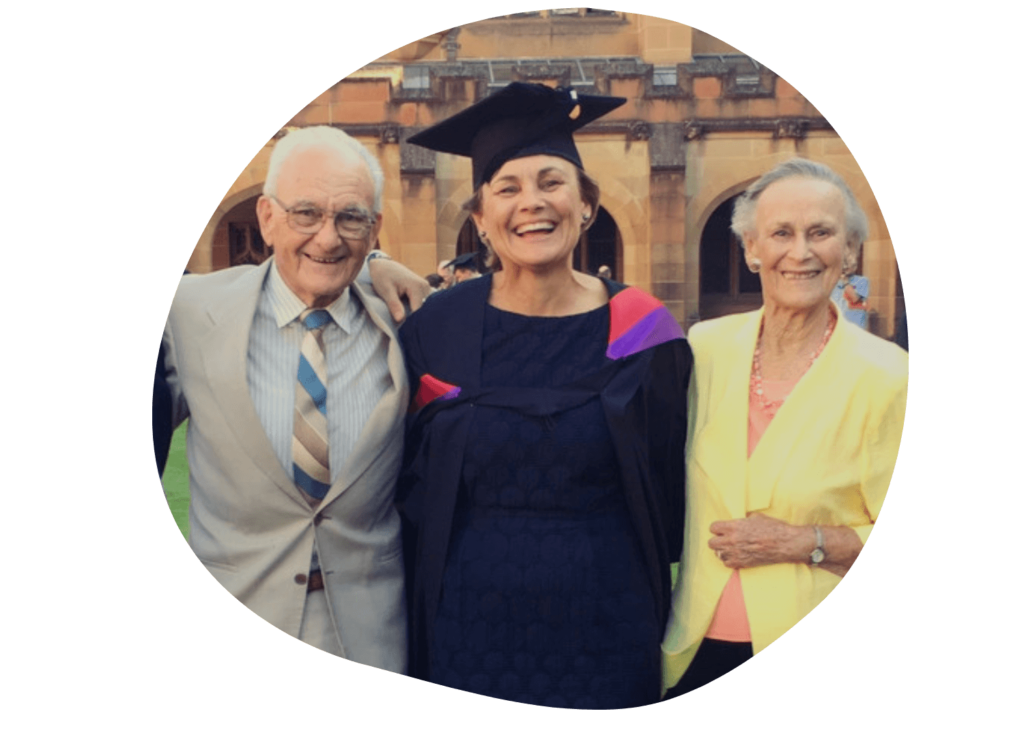
I left clinical medicine and founded a digital advance care planning company a few years ago because I wanted to help people to die better. Not make their dying worse. As we so often do in hospitals.
Yes, things are changing.
We are talk more openly about shared decision making and advance care planning.
Advance care plans are becoming more common and fit for purpose. You have digital options now. Your advance care plan doesn’t have to be handwritten (illegible) or on a piece of paper. Hospitals use computers. If your plan doesn’t appear there- it may as well not exist.
And no longer should your advance care plan be a one-off document filled out by a lawyer who has never been inside a hospital, nor tried to dop CPR while thumbing through 30+ page document to find the bit about whether they want CPR or not.
Advance care plans can now be made digitally, available to a range of people, instantly, 24/7.
But palliative care is seriously underfunded and still gets a bad rap. So bad that people jump straight to thoughts of euthanasia.
So let’s change the conversation.
Managed dying.
Those who have experienced and seen the worst of unmanaged dying need to take the reins and start talking about what everyone is thinking.
Without getting side-tracked by semantics, or discussions on whether people are ready to talk about it. Of course they’re not ready to talk about it. No-one in Mum’s hospital was ready to talk about it. Not the cardiologist, the nurses, or the registrars running the hospital over the weekend. The Professor of Skin Cancer Surgery wasn’t ready to talk about it.
If our doctors and nurses are not ready to talk about dying how can the average person in the street be ready?
But show me one person who is elderly and frail who doesn’t think about their dying every day. Who doesn’t think ‘I hope I go like Frank did’.
Frail aged means you may have less than 12 months to live. There are metrics we test that can pick when a person is frail aged and that is when they and their doctors should start talking. Not turning away from it.
The graph we want to live by is the trajectory my Mum and Dad took.
High quality life for as long as possible, then a death that gives us time to say goodbye, in our own way, if we want to.
Because what is the point of living a long and happy life if at the end it all goes bad?
We do have options. And we can put our thoughts about those options into words. In many different ways. With many people.
We deserve the opportunity to do that. And we deserve help to do it.
That is where advance care planning, palliative care, managed dying – whatever you want to call it – begins.
Talking about the things we have not, until now, been honest enough to say out loud.
Me? I hope I go like Frank did.
So I will do my advance care plan, I will try to stay healthy for as long as I can, I will speak out loud with my family about what I am thinking. And I will do anything else to make sure the ‘other ways’ don’t happen to me.
Because hope is not a strategy.
Need some more information? Visit our Frequently Asked Questions page for more commonly asked questions about Advance Care Planning.
About Touchstone
Securely store and share your Advance Care Directive or Goals of Care document.
Touchstone Life Care is a complete end-of-life planning platform that makes it simple, secure, and empowering to plan for the future – on your terms.
Book a demonstration to discover why residential aged care and home care providers are adopting digital advance care planning.
